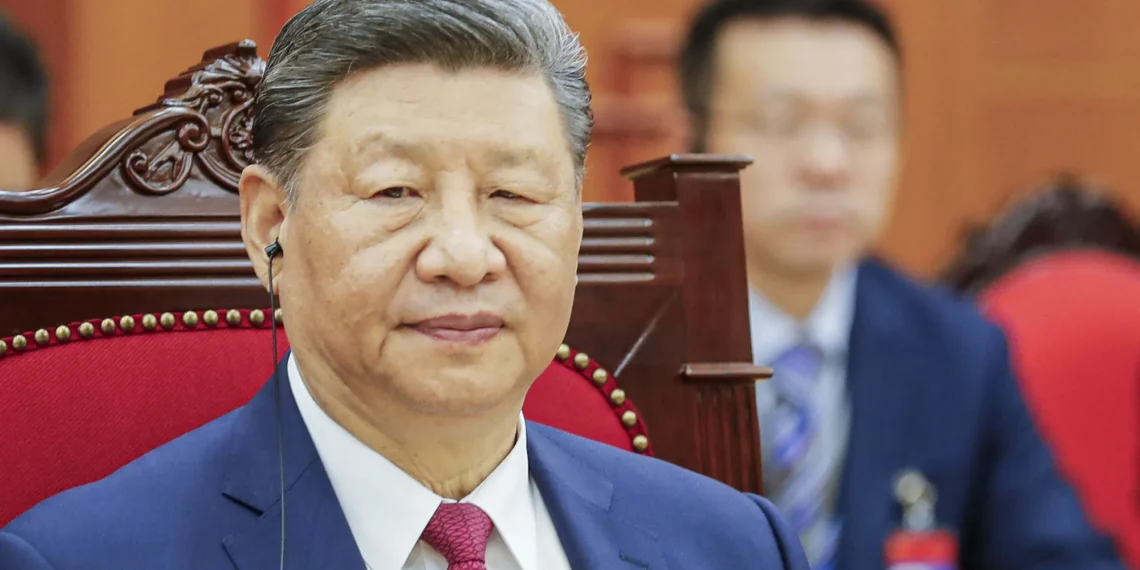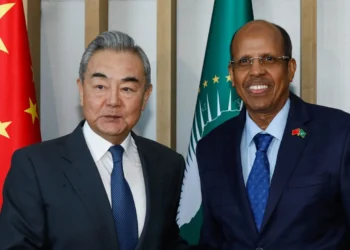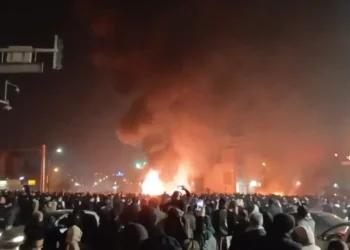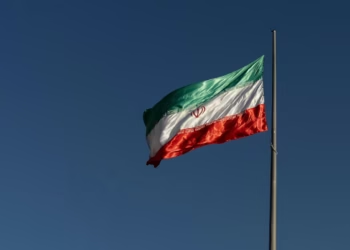TOKYO (Realist English). China has rolled out a familiar set of economic countermeasures against Japan following Prime Minister Sanae Takaichi’s comments linking a potential Taiwan conflict to Japan’s national security — but has so far avoided the most powerful tool in its arsenal: restrictions on rare-earth exports.
Beijing has warned Chinese tourists against travelling to Japan, paused the phased resumption of Japanese seafood imports, and seen a wave of cancellations of Japanese cultural events on the mainland. Yet analysts say China is unlikely to reprise the rare-earth embargo it used in 2010, despite Tokyo’s heavy dependence on Chinese supplies of the critical minerals used in electric vehicles, smartphones and defence systems.
Former U.S. officials and China specialists note that Beijing’s calculation today is very different from 15 years ago. China now dominates rare-earth mining and processing globally, and recent disputes — not only with Japan but with Europe and the U.S. — have heightened concerns that Beijing could weaponise supply chains.
A dramatic move against Japan, they say, would risk accelerating global diversification efforts, undermine China’s claim that export controls are “non-discriminatory,” and jeopardise the fragile trade détente reached last month between President Donald Trump and Xi Jinping in South Korea.
Washington has openly signalled support for Japan in the dispute, with U.S. Ambassador to Tokyo George Glass saying the United States “has Prime Minister Takaichi’s back.”
Why Beijing is being cautious
Several analysts told Bloomberg that using rare earths as a retaliatory tool now carries higher strategic costs:
• It could alienate trading partners already seeking to reduce reliance on China.
• It could trigger coordinated responses with the U.S. and Europe.
• It would contradict Xi’s recent commitment to Trump to stabilise rare-earth exports “for the world.”
“Using the rare-earths card would be risky,” said Wendy Cutler, former U.S. trade negotiator. “Other partners would view it as confirmation that they must accelerate alternative supply chains — likely in cooperation with the United States.”
Beijing appears instead to be opting for pressure that hurts Japan economically but avoids global alarm. Its travel warnings, seafood restrictions and cancellations of Japanese performances mirror tactics used during previous disputes, including against South Korea during the 2016 THAAD missile-defence controversy.
Japan’s vulnerabilities — and greater resilience since 2010
Japan remains heavily reliant on China for rare earths — around 70% of imports this year, up from 60% a few years ago. But Tokyo has spent more than a decade building buffers after the 2010 crisis, when China briefly halted exports amid a territorial dispute over the Senkaku/Diaoyu islands.
Japan has since:
• built strategic stockpiles of rare earths,
• diversified suppliers — including major imports from Australia’s Lynas Rare Earths,
• invested in domestic and Southeast Asian processing capacity.
Analysts say this makes Japan more resilient than most advanced economies to supply disruptions, though not immune to prolonged pressure.
What escalation could look like
If China intensifies retaliation, experts expect measures short of a formal embargo, such as:
• regulatory slowdowns and “paperwork pressure” on exporters,
• quiet guidance to suppliers to reduce volumes to Japanese buyers,
• further restrictions on tourism and imports,
• pressure on Japanese firms operating in China — from automakers to retail chains.
Japanese companies including Toyota, Uniqlo, and leading convenience-store operators could face scrutiny similar to what South Korean firms experienced in 2017, when Chinese retaliation caused Korean car sales in China to collapse almost overnight.
A dispute with no easy off-ramp
Takaichi’s remarks — describing a Chinese attack on Taiwan as a “survival-threatening situation” for Japan — struck at one of Beijing’s most sensitive red lines. Chinese officials continue to demand a retraction; Tokyo insists its policy has not changed.
Analysts say neither side can easily back down, and tensions are likely to persist for months.
Beijing, meanwhile, appears determined to push Tokyo without triggering the kind of global counter-reaction that a rare-earths shock would almost certainly unleash.
As Allen Carlson of Cornell University noted: “The more China exercises this kind of leverage, the more other countries will ask: if they can do this to Japan, why not us?”


















